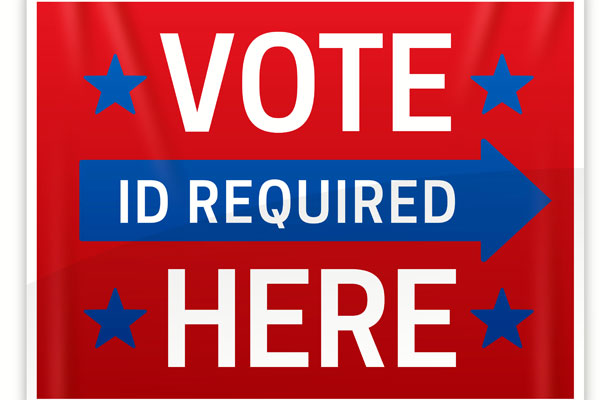- South Texas Students Meet Accordion Music Icons Los Tigres Del Norte In Edinburg Thanks To Khs America/Hohner Alianza Académica Initiative
- Fragile Planet Offers a Nighttime Wildlife Experience
- Falcons Soccer Off & Running
- Cameron County Receives Funds to Improve Two Parks
- Falcons Complete First Half of 32-6A
- School District to Help out Victims of California Wildfires
- Sand Castle Days Continued Despite Unexpected Weather
- Ready for District
- Discussion of Garbage Dumpster Rates, Agreements Between State & City on Highway Regulations, and More
- 31st Annual Shrimp Cook-Off is Right Around the Corner
Court: Texas Voter ID Law Violates Voting Rights Act
- Updated: July 29, 2016

The U.S. 5th Circuit Court of Appeals has ruled that the Texas Voter ID Law violates the U.S. Voting Rights Act. Photo: filo/iStockphoto
by Mark Richardson
AUSTIN, Texas — A federal appeals court has ruled that the controversial Texas Voter ID law is discriminatory and violates the U.S. Voting Rights Act. The U.S. 5th Circuit Court of Appeals found that the law, which required government-issued photo identification to cast a ballot, was unfair to minority voters.
The 5th Circuit sent the case back to federal district court with instructions to find a short-term fix before the November general election. Anthony Gutierrez with Common Cause Texas called the ruling a big win for democracy in Texas.
“What we saw in the Voter ID law was that it was really disproportionately affecting low-income minorities, more so than others,” Gutierrez said. “They’re just making sure that all of them and all of us will have equal access to the polls. I think today’s ruling is a step in that direction.”
The measure was passed in 2011 and signed into law by then-Gov. Rick Perry. Its backers said the measure was necessary to prevent voter fraud. Texas Attorney General Ken Paxton called the ruling “unfortunate” and said he was studying the state’s legal options regarding an appeal.
Critics of the Texas Voter ID law and similar measures passed in other Republican-controlled states claim such statutes are aimed at making it harder to vote for minorities such as African-Americans and Hispanics – who tend to back Democrats. Gutierrez said it was clear that the law in Texas was already suppressing votes across the state.
“In Texas, we have already had incredibly bad turnouts for a number of years, and the Voter ID law was just making it worse,” he said. “Today’s ruling is, hopefully, the first in many steps in improving the problem and increasing turnout and civic participation across the state.”
The appeals court found that the Texas list of allowable IDs – a driver’s license, passport, military ID, U.S. Citizenship card or a concealed handgun license – did not comply with the Voting Rights Act. Texas officials could appeal to the Supreme Court, but legal experts say the 5th Circuit is one of the country’s most conservative appellate courts, so the ruling could be difficult to overturn.
